The fundamental assumptions of the past of Jesus’ mother tongue are again and again repeated today while their frame of reference has changed dramatically.
Hebrew as a Spoken Language in First-century Israel
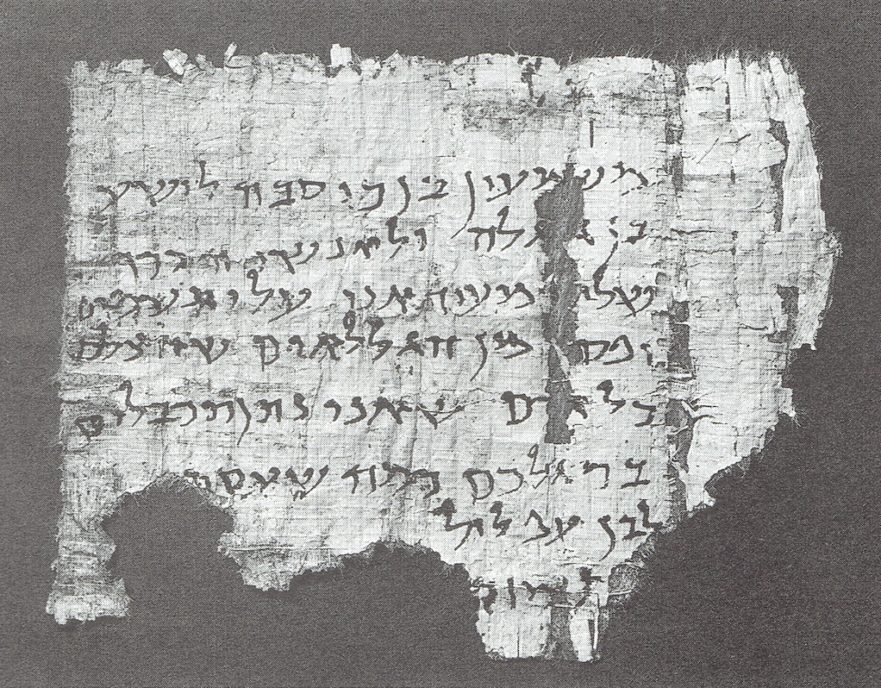
Hebrew was a living language in first-century Israel, part of a multilingual environment (Hebrew, Aramaic and Greek).
Views That Have Vanished: The Photographs of David Bivin
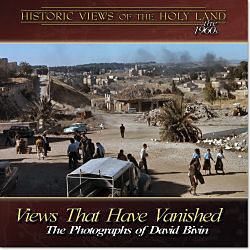
Todd Bolen (founder of BiblePlaces.com) has created a digital collection from the best of my photographs.
A Non Sequitur in the Argument for the Canonical Approach to Scripture
What is the “canonical approach,” and in what respect is its main supporting argument a “shell game”?
The Amidah Prayer
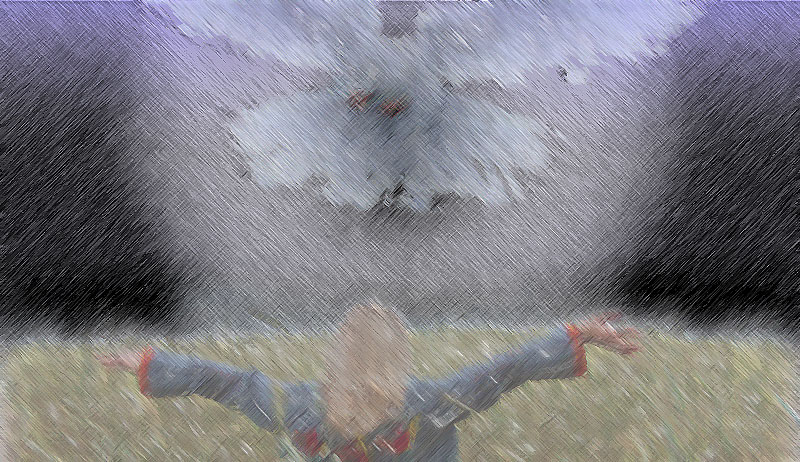
The Amidah is the essential part of the morning, afternoon and evening weekday services in the synagogue. Every Jew is religiously obligated to pray the Eighteen Benedictions daily.
Remembering Robert L. Lindsey
The late Robert L. Lindsey, the late Professor David Flusser, and their colleague, the late Professor Shmuel Safrai collaborated to birth a new school of synoptic research. In 1985 the “Jerusalem School” became a legal entity (an Amutah) in Israel, and has now joined the Oxford School, the Tübingen School, and others, as a center of synoptic research.
“When you see the south [southeast, east] wind blow”
Israel is having a Sirocco this week, typical of April and May, with temperatures in Jerusalem soaring to 37 degrees (98 Fahrenheit) and over 40 degrees (104) in most of the rest of the country. Jesus said: “And when you see the south wind blowing, you say, ‘There will be scorching heat’; and it happens” (Luke 12:55).
Is Faith Contrary to Empirical Support?
The apostles possessed more empirical supports for their faith than we can ever hope to possess, and certainly their spiritual “report cards” did not suffer for the fact.
Links with Tabernacles and Hanukkah in the Gospel Accounts of Palm Sunday
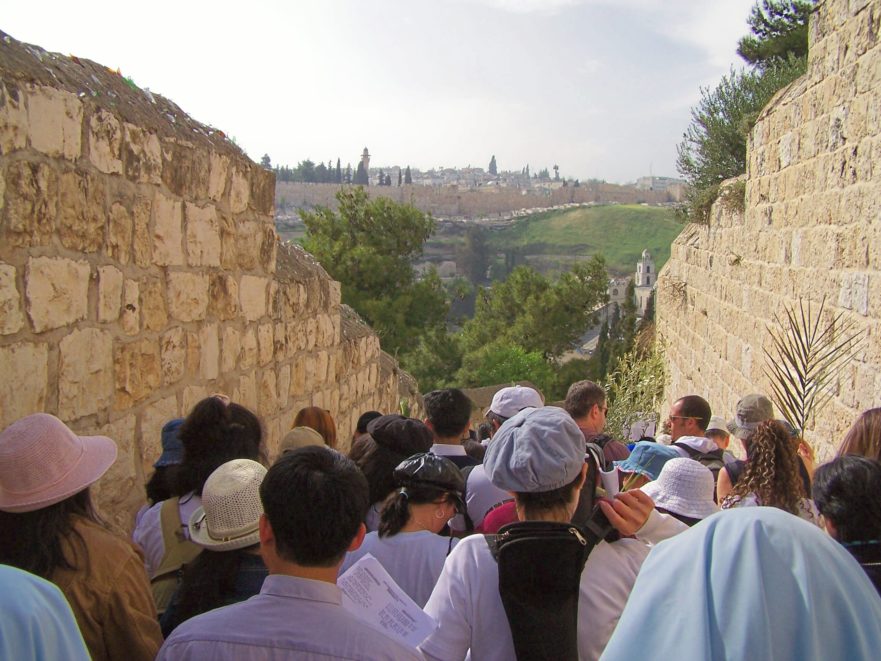
The Gospel writers wished their readers to be reminded of Hanukkah when they read the account of Palm Sunday.
A Brief Critique of George Eldon Ladd’s Views on the Kingdom of God
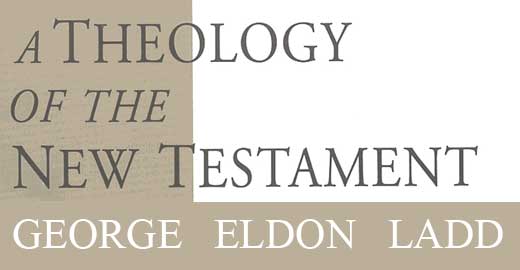
Ladd’s imperfect view of Judaism affected the methodology of his research.
Treasures in Heaven

What is the relationship between the preaching of Jonah and putting a lamp on a lampstand? The prophet Jonah in classical Jewish thought calls to mind repentance. In Rabbinic literature we read that many prophets were sent to Jerusalem and the people did not listen, but to Nineveh one prophet was sent, and the people repented.
A Different Way to Reckon a Day

Jesus may have been confined to Joseph of Arimathea’s tomb for a period of time no longer than about 26 hours.
Where Little Ones Splash: The Hebrew Roots Movement
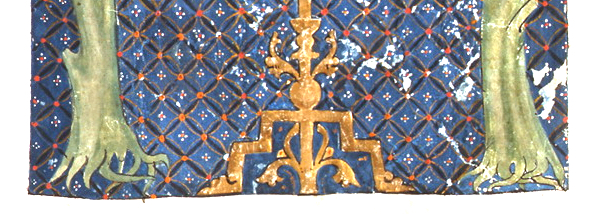
The Hebrew Roots Movement has more to offer than merely rediscovering the biblical feasts and referring to New Testament personalities by their Hebrew names.
Sunshine For Everybody
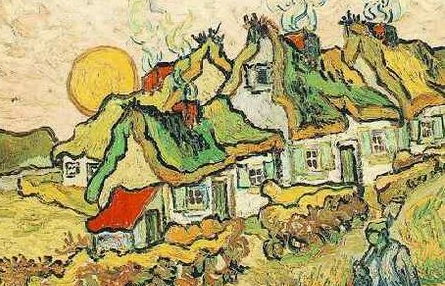
Song of Songs Zuta is a rabbinic commentary on the Song of Songs. It may be characterized as exegetical and haggadic. In contrast to the better known Song of Songs Rabbah, Song of Songs Zuta is shorter in length. The words rabbah (great) and zuta (small) imply this contrast.
Threading a Needle
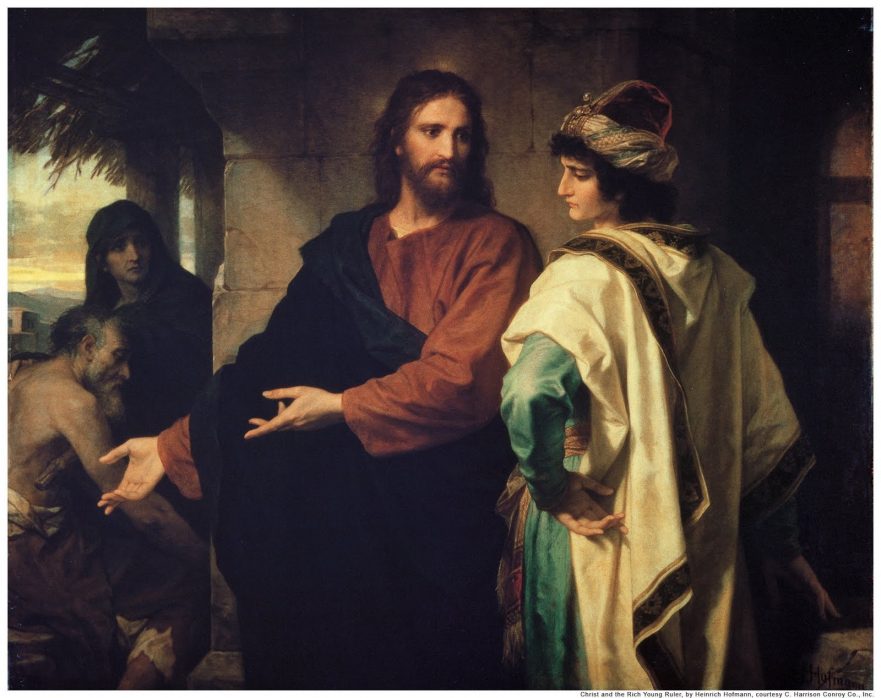
Over the past few years, I have reflected much on the phrases “to enter the Kingdom of Heaven” and “to inherit eternal life.” One important conclusion that I have reached from reading early rabbinic literature and Matthew, Mark, and Luke is that these are two independent concepts sharing a fuzzy area of overlap.
Written, Inspired and Profitable

The Bible provides minimal help for anyone trying to write a description of it for inclusion in a Statement of Faith. As a result, such descriptions typically claim more than the Bible discloses about itself.
Toward an Unclouded Vision of His Kingdom

In an effort to counter the risk we may be running of losing “the vision of the kingdom,” I will enumerate and comment briefly upon three optical aids for keeping it in focus.
Jehovah and PIPI
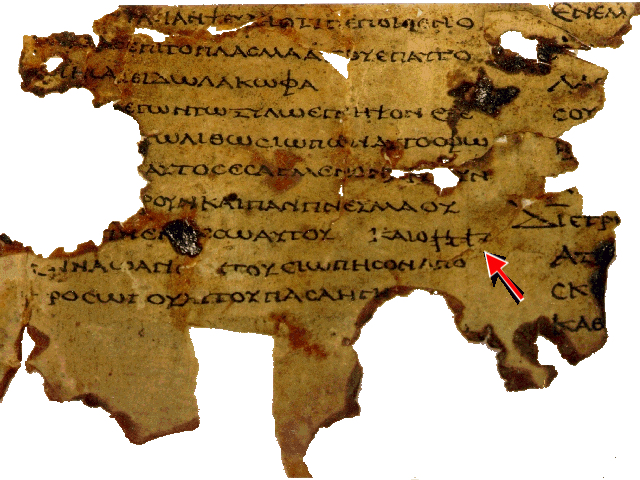
According to Jerome, those who were unfamiliar with Jewish customs tried to pronounce the Hebrew letters as if they were Greek letters. The result was quite a howler: they pronounced YHVH as PIPI!

